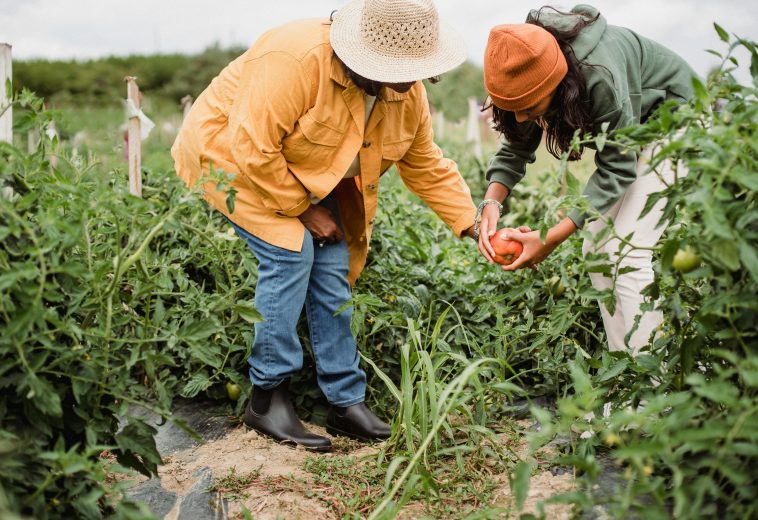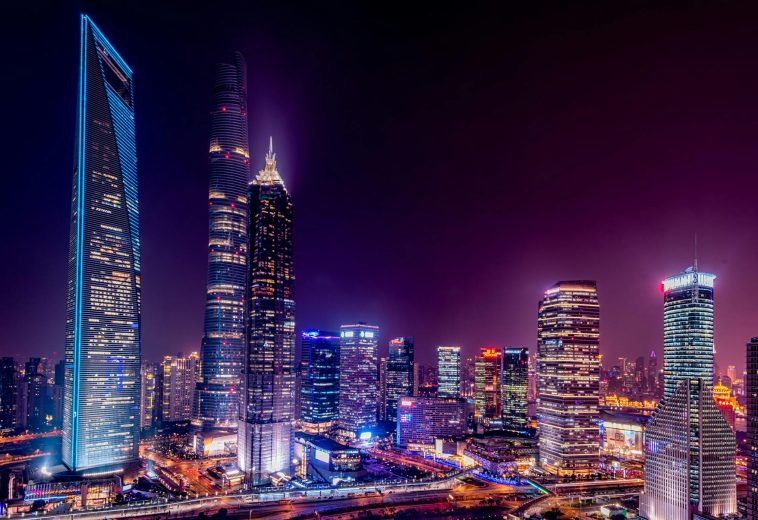As the baton of leadership passes across Africa, the continent will face decisions that could shape its democratic future for decades. From Burundi to Gabon, these elections won’t just change who holds power—they’ll reflect the aspirations of millions who demand more from their governments. Here are some of the African countries that will hold elections in 2025 and what to expect.
Burundi’s Election
June 5, 2025 will mark a pivotal moment for Burundi. The country will hold its parliamentary elections, a race that could significantly alter the nation’s political course. With 100 seats in the National Assembly up for grabs, the CNDD-FDD, led by Évariste Ndayishimiye, will face opposition parties such as CNL (led by Agathon Rwasa) and UPRONA (led by Abel Gashatsi). The stakes couldn’t be higher: Can Burundi solidify its democratic institutions, or will old patterns of power continue to dominate?
READ ALSO: 2024 Elections: How Prepared Is South Sudan?
The upcoming election, along with senatorial elections in July and village-based elections in August, offers Burundi an opportunity for reform—but will it live up to the promise? As the country grapples with a political history marked by conflict, the true test will be whether these elections will lead to lasting peace and progress.
Cameroon’s Election
Will Paul Biya finally step down after 42 years in power, or will he maintain his grip on Cameroon? Set for October 5, 2025, Cameroon’s presidential election is expected to be one of the most highly contested in the country’s history. Biya’s CPDM party has controlled Cameroon for decades, but challengers such as Maurice Kamto (Movement for the Renaissance of Cameroon), Barrister Akere Muna (known for his anti-corruption efforts), and Josua Osih (of the Social Democratic Front) are stepping forward, offering fresh alternatives.
However, questions about the fairness of the election loom large. The opposition fears that Biya’s control over the electoral process will give him an unfair advantage. As Cameroonians head to the polls, the future of democracy in the country hangs in the balance—will this election bring a new generation of leaders to power, or will the status quo continue?
Central African Republic’s Election
For the Central African Republic, the December 2025 presidential election will be a chance to rewrite the nation’s political future. With Faustin-Archange Touadéra seeking a third term after constitutional changes in 2023, the election will be crucial in determining whether the country can move beyond its history of instability and conflict.
The two-round system means that if no candidate wins outright in the first round, a runoff will take place between the top two contenders. The election’s outcome is critical not only for the country but also for the international community that has supported peace-building efforts. Will the CAR take a decisive step towards stability, or will the cycle of conflict and division persist?
Comoros Parliamentary
The January 12, 2025 parliamentary election in Comoros will be a test of the government’s commitment to democratic principles. Despite claims of an unfair electoral process, with opposition groups calling for a boycott due to concerns over bias in the electoral commission, the election is still set to proceed.
The stakes are high as President Azali Assoumani’s government faces increasing scrutiny from opposition parties like JUWA and Orange. The boycott threat could lead to a contested election that challenges the legitimacy of the results. Will Comoros rise above this turmoil, or will the election become a flashpoint for political unrest?
Gabon’s 2025 Presidential Election
Gabon’s 2025 presidential election will be historic. Following the 2023 coup that ousted the Bongo family after 56 years of rule, Brice Oligui Nguema is seeking to continue as transitional president, despite the significant political change. The election will be closely watched to see if the nation can finally break free from its long-standing authoritarian past.
A constitutional referendum held in November 2024 set the stage for the election, which will follow a two-round system. With compulsory voting and new electoral reforms, the Gabonese people will have the chance to vote for a new chapter in their country’s history. Will they embrace the changes brought by the coup, or will the legacy of the Bongo dynasty continue to influence the vote?
Ivory Coast Elections
In October 2025, Ivory Coast will hold its presidential election, a race that is expected to be peaceful, with the ruling party likely to maintain its majority. However, tensions over the country’s political stability could affect the election. After years of political unrest, the Ivory Coast’s democratic institutions will face their true test—whether they can handle an election without violence or disruption. The outcome could have wide-reaching implications for the region.
Malawi, Seychelles, Tanzania, and Togo Elections
September and October 2025 will be busy months across Africa, with elections in Malawi, Seychelles, Tanzania, and Togo. These elections represent hope for a new generation of leaders, and in some cases, youth and women are expected to play an increasingly important role. Will they be able to address the economic challenges that face their nations and bring about the reforms needed to strengthen democratic institutions?
Key Issues to Watch in 2025
Election Security: Across Africa, election-related violence has been a concern. Ensuring the safety of voters, candidates, and electoral officials will be vital for a peaceful and fair election cycle.
Electoral Reforms: Countries like Gabon, Burundi, and Comoros have introduced electoral reforms in recent years. 2025 will test whether these changes can bring about transparent, free, and fair elections.
Youth Participation: Africa’s youth population is rapidly growing, and their engagement in the electoral process will be crucial. Will the youth show up at the polls and shape policies that reflect their aspirations?
Women’s Participation: Though progress has been made, women’s participation in African politics is still limited. Will 2025 be the year that women break new barriers and demand a more active role in political decision-making?
Africa’s Electoral Promise in 2025
Africa’s elections in 2025 could mark a defining moment for the continent. With countries like Cameroon, Gabon, and Burundi at a crossroads, the choices made at the ballot box will have a profound impact on democracy and governance across the continent.
As Africa’s citizens head to the polls, the world will be watching. The rise of new leadership, the empowerment of youth and women, and the potential for meaningful electoral reforms all point to a continent on the brink of significant political change. Will 2025 be the year that Africa’s democratic journey takes a decisive turn forward? The next chapter is about to be written.




